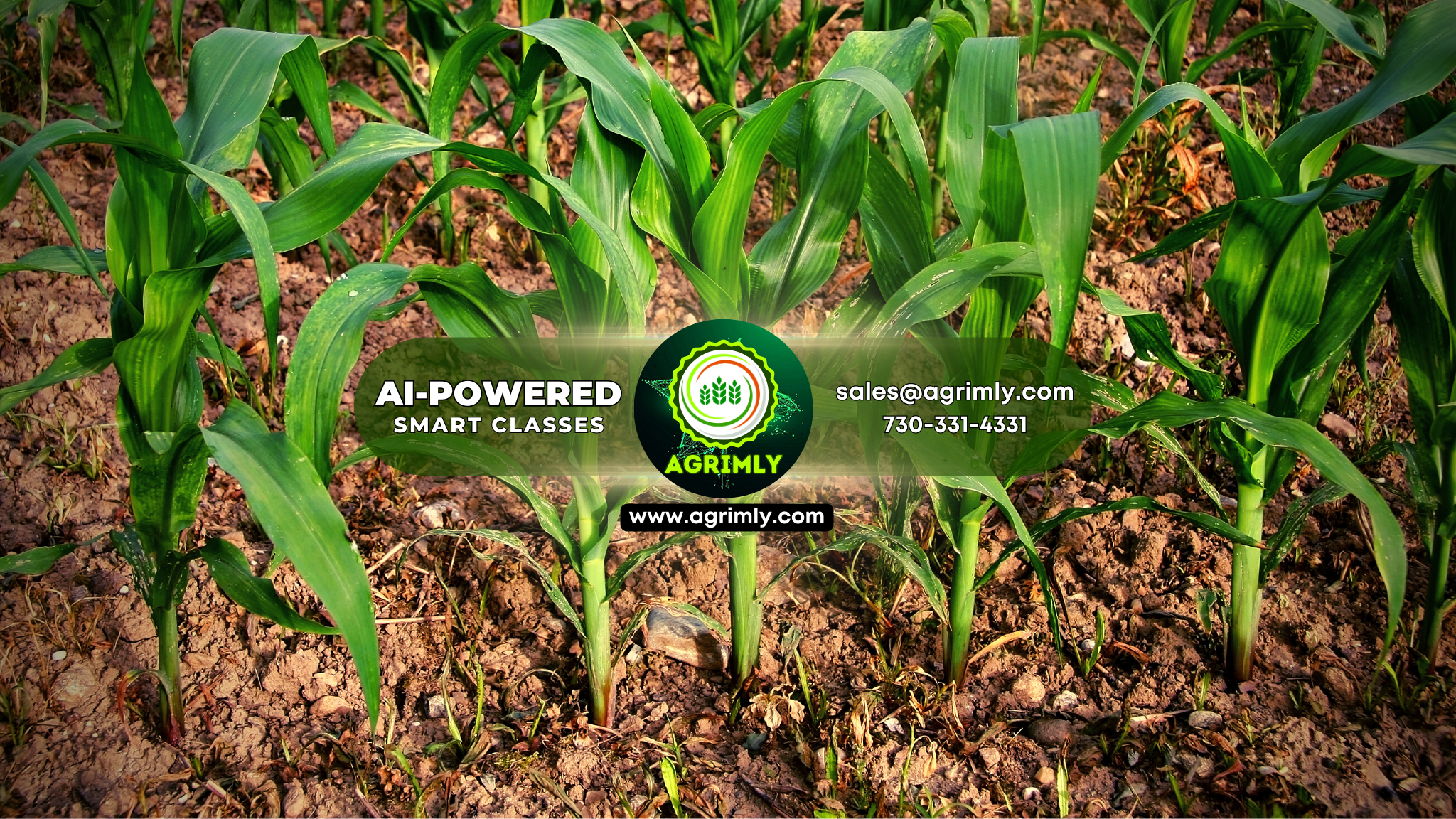Production Technology of Date Palm:
- Origin and Importance:
- Originates from countries around the Persian Gulf.
- Nutritive fruit rich in sugar and iron.
- Climatic and Soil Requirements:
- Ideal for areas with long hot summers and mild temperatures during flowering (February to April) and fruit ripening (May to August).
- Temperature Range: 25-29°C during fruit ripening.
- Soil Preference: Deep sandy loam, tolerates a wide range of soil conditions. Better water holding capacity and good drainage are desirable.
- Cultivars:
- Classified as early, mid, and late cultivars.
- Halawy: Early variety with small, yellow fruits at maturity.
- Khadrawy: Small to medium-sized fruits, light yellow at maturity.
- Barhee: Mid to slightly late season cultivar with small to medium-sized, yellow fruits.
- Zahidi: Mid-season cultivar, tolerant to rain and humidity.
- Medjool: Late cultivar with large, broad, oblong-ovate fruits.
- Propagation and Planting:
- Propagation by seeds has a long juvenile phase (7-8 years for flowering).
- Vegetative propagation through off-shoots is preferred for uniformity.
- Planting Spacing: Varies from 4M – 9M, typically 6M to 8M.
- Irrigation, Manuring, and Interculture:
- Light and frequent irrigations immediately after planting.
- Date palm is drought-tolerant and highly tolerant to saline water.
- Fertilization: 50 kg of FYM, 600 g N, 100 g P, and 700 g K per palm.
- Leaf pruning is done during June for better ventilation of bunches.
- Pollination and Fruitset:
- Hand pollination is practiced.
- Fruit thinning is necessary to retain optimal fruit numbers per palm.
- Spraying ethephon @ 200 ppm 10 – 30 days after fruitset enhances thinning, ripening, and sugar content.
- Harvest, Yield, and Processing:
- Harvest at 'doka stage' during June – August.
- Post-harvest processing includes dipping in boiling water and dehydration to produce 'Chhuhara'.
- Plant Protection:
- Control of termites, rhinoceros beetle, red palm weevil, black headed caterpillar, and false smut.
- Techniques include dusting BHC 10%, injecting Monocrotophos, and predator release.
***



No comments:
Post a Comment
Thank You for feedback. Keep commenting on it.